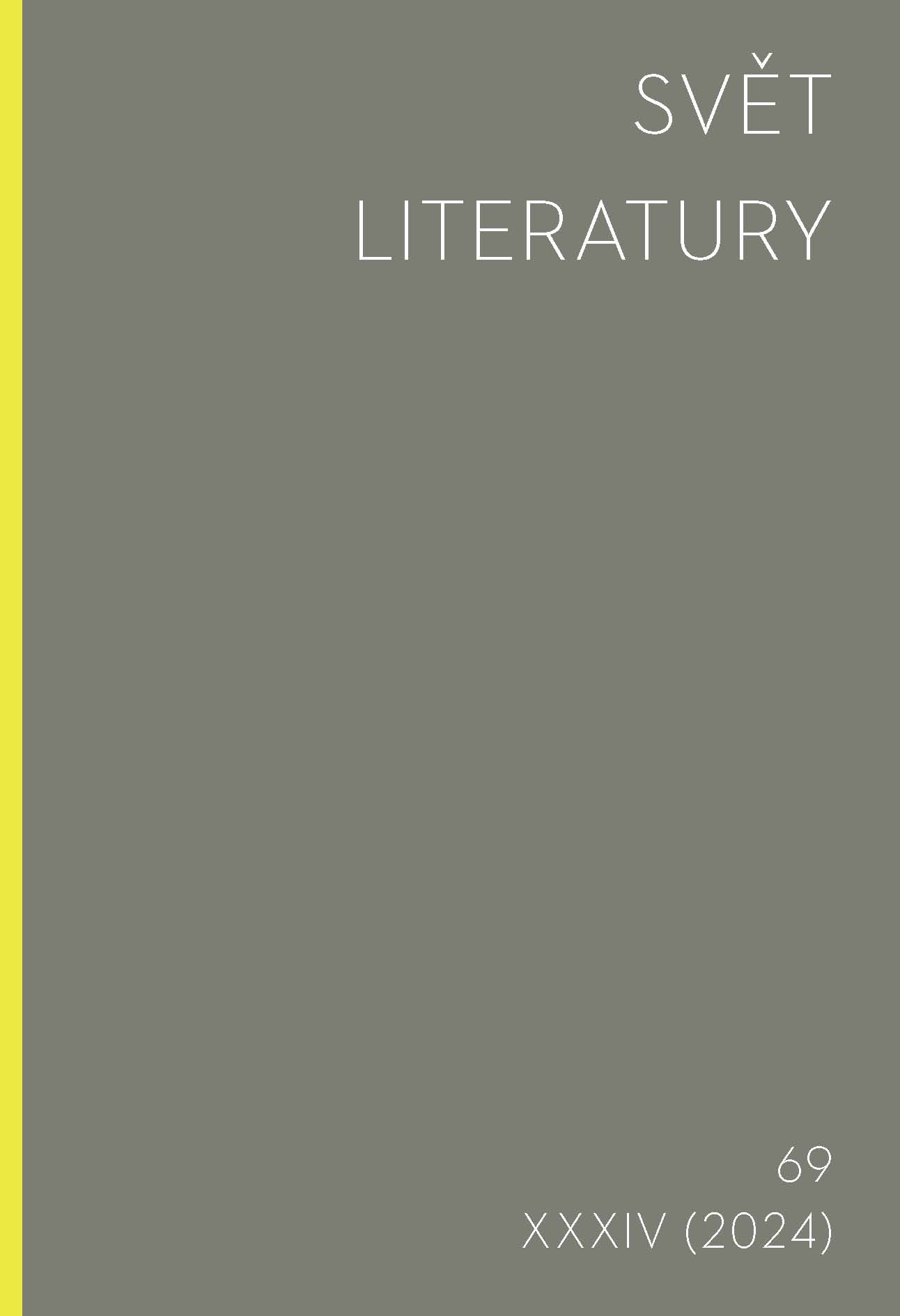Protisvěty: Na vlně ženské arménské moderní poezie
Contrasting Worlds: Shaping Modern Armenian Women Poetry
Author(s): Petra KošťálováSubject(s): Gender Studies, Studies of Literature, Sociology, Philosophy of Religion, Sociology of Literature
Published by: Univerzita Karlova v Praze - Filozofická fakulta, Vydavatelství
Keywords: Armenian women poetry ; trauma studies ; Armenian genocide ; motif of exile ; uprootedness
Summary/Abstract: Literary echoes of tragic events, deeply rooted in the collective memory of some nations or ethnic groups, very often represent the basis of their overall concept of identity. This trauma of the difficult construction of a sense of belonging (especially the experience of exile, diaspora, expulsion, loss of homeland, ethnocide, genocide, etc.) is reflected not only in the works of the generation concerned but also of later generations, deeply influenced by transmitted perceptions of trauma. Coping with the question of belonging to several worlds, cultures and languages — and sometimes to none of them completely — results in a specific form of literary processing and also requires a specific approach to literary analysis and to the translation of trauma poetry. The Armenian topos of pandukht or gharib (exile) should be understood within a broader context of the traumatic past and its subsequent interpretations. Key cultural words as stigmas of traumatic past, leaving intangible traces through narratives, represent an essential vector of collective memory here. The landscape description is emotionally invested and it could be perceived as a rhetorical expression of extremely disruptive experience. Focusing on Armenian women poets, whose works influenced the literary landscape of Armenia and Armenian diaspora in the second half of 20th and the beginning of 21st century and concentrating on their prevailing topoi, the role of memory in the shaping of trauma and its representation in poetry will be more obvious. In the case of female poets from the diaspora, their poetry should be read within the frame of their exilic experience as a kind of postmodern itinérance. The textual analysis of their poems perceived through trauma lens could bring a significant contribution to trauma studies theory in general as well as to gender studies within the Armenian context.
Journal: Svět literatury
- Issue Year: XXXIV/2024
- Issue No: 69
- Page Range: 87-108
- Page Count: 22
- Language: English

